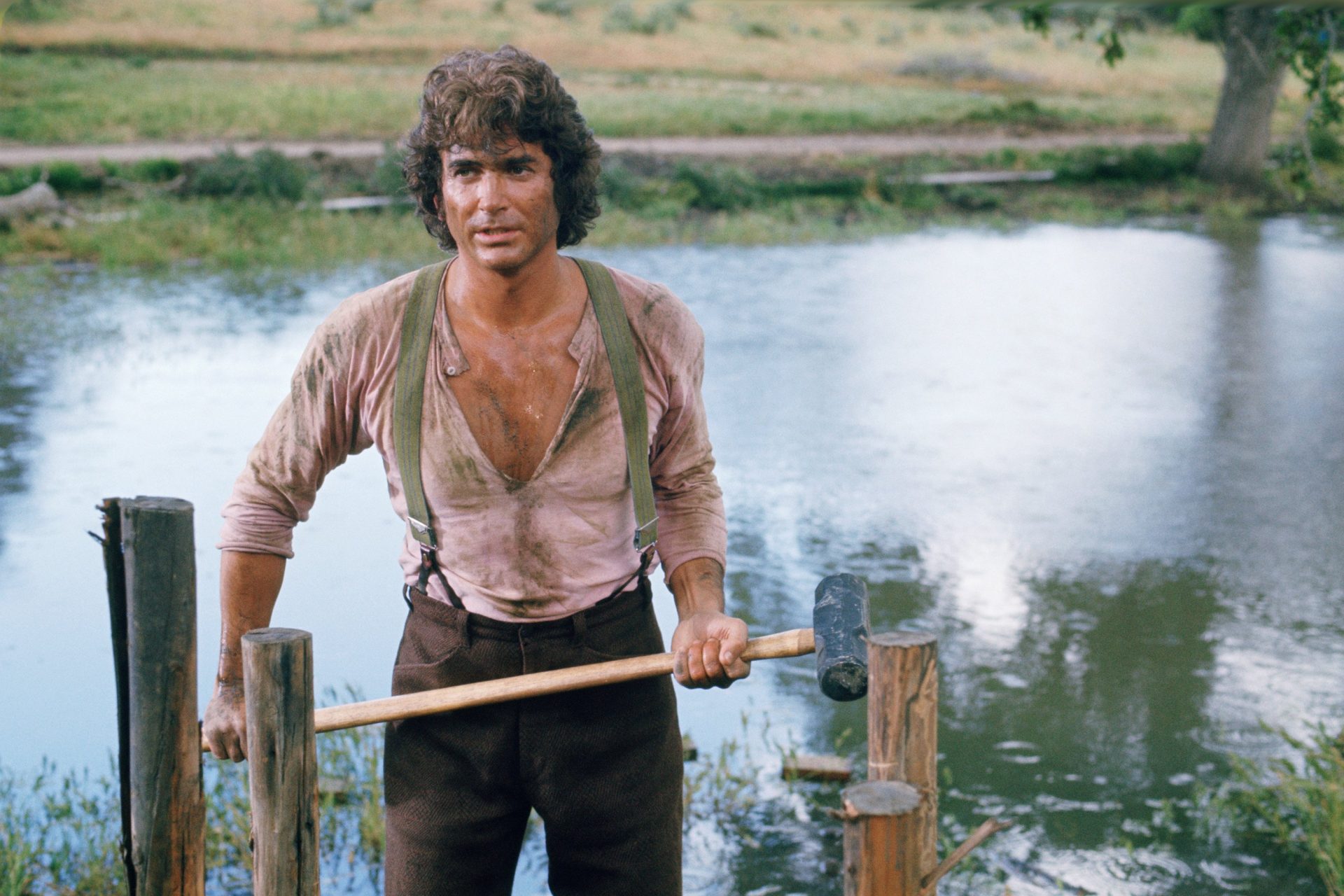20 Things you can do to help save the planet
Plastic straws are a real environmental problem. They are produced in enormous quantities and easily end up polluting the oceans. Each unit takes 100 years to recycle.
While we must take into account the need for straws by disabled people, we should try to avoid plastic straws as much as possible.
Image: Meghan Rodgers / Unsplash
Paint the walls of your house in light colors, so that sunlight is reflected and it is not necessary to turn on the light until dusk.
Eating local products supports proximity trade and gives priority to products that are closest to each other. Large-scale freight transport generates pollution.
Unbridled consumerism (as in the case of fashion) is polluting. A sustainable planet is also a planet where clothes can be reused. Markets and second-hand stores can have both fashionable and environmental value.
Image: Megan Lee / Unsplash
Look for a bottle in non-polluting material (i.e., NOT plastic) and always carry it with you to fill it with water. You will save money and, above all, contribute to the care of the planet.
Image: Ben Lambert / Unsplash
Nowadays, the supply of household objects that are no longer made of the fearsome and polluting plastic, is enormous. A small example: toothbrushes have a bamboo version.
Every season has its products and it is not superfluous to adapt to a consumption that fits the rhythm of the planet. Bringing fruit and vegetables from the other side of the planet to satisfy our whims is a cause of environmental problems.
If you cannot commit to veganism or vegetarianism, at least try to reduce your consumption of meat. Especially red meat.
Industrial livestock hurts the planet because of the grass consumed by animals and the gases they give off. The latter account for 9% of the carbon dioxide generated by human activity, 65% of nitrous oxide, 37% of methane, and 64% of ammonia, according to the Food and Agriculture Organization of the United Nations (FAO).
And make the shower short. Water is more and more scarce.
You can save a good amount of water if you catch the cold water before taking a shower and then use it to scrub the floor once you finish in the shower.
Image: Cici Hung / Unsplash
It is important that there are no furniture and clothes covering the radiators. It would make it too difficult to diffuse hot air.
Much of the heat generated during cooking escapes when you don't put a lid on your pans. In addition to waiting longer to heat the pan or boil the water, you will consume more energy with a longer running stove.
The oven doesn't lose heat immediately after you turn it off, so you can take advantage of its remaining heat to finish what you're cooking.
Image: Marcin Galusz / Unsplash
Always turn off any lights you're not using, even if it's only for a minute. It is not true that turning the lights on and off in a short period of time increases consumption.
Don't close the curtains or blinds until nightfall, so you can use the electric light for much less time.
Turn off your router at night, when you're out of the house, and any time you're not using it. A router actually consumes more power than a laptop.
If you are not going to use the computer for two hours, it is better to put it to rest. If you have to interrupt work many times during the day, turning it off and on will end up affecting your computer and consuming more battery, and therefore electricity.
Water the plants in the morning or at night to avoid the hours of evaporation of the water by the sunlight.
If you can move on foot, do it. It's the best way to move ecologically.
If there is a reliable railway network in your country, use it. It is the least polluting means of transport.

































